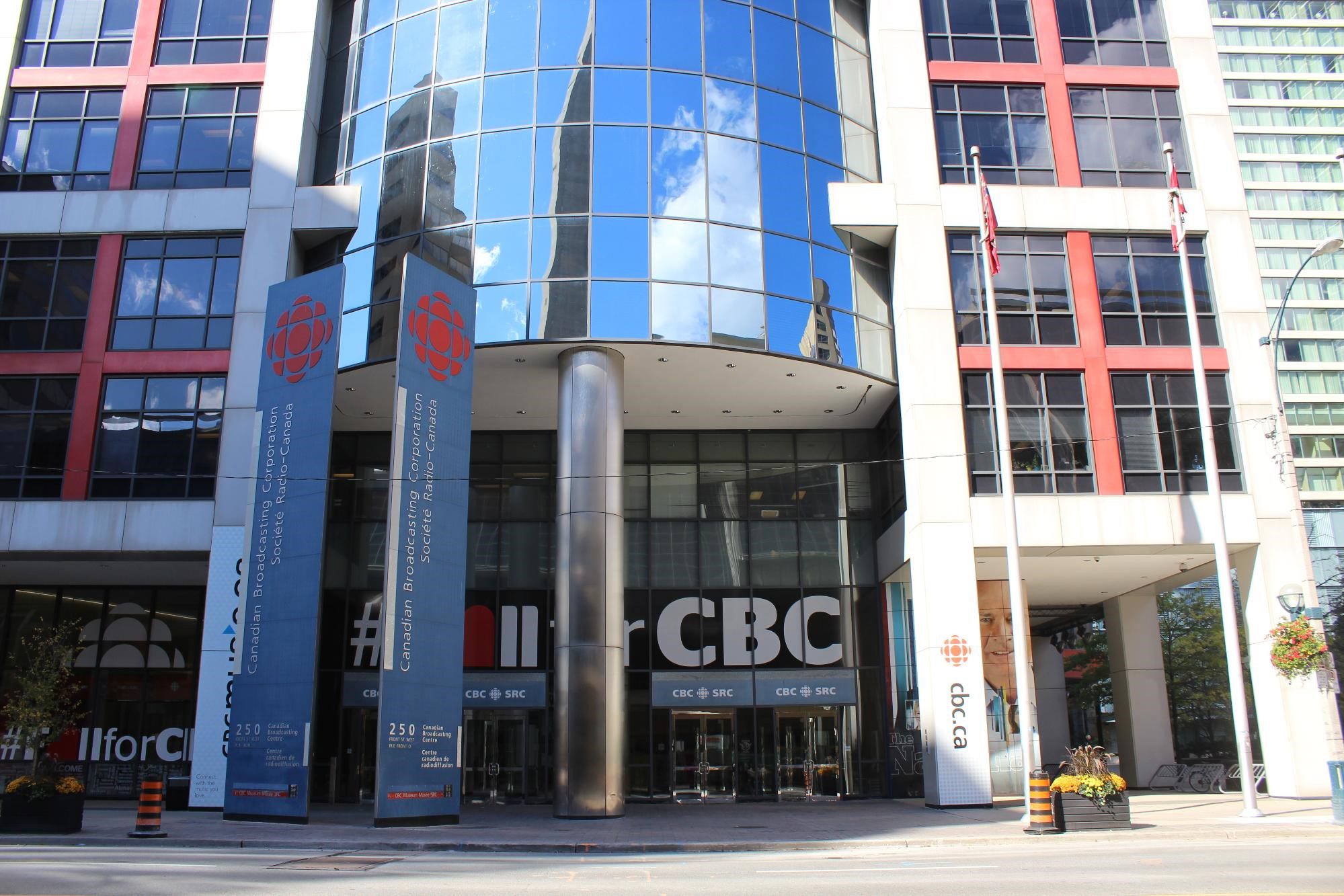CBC Ombudsman: The Power of Words
The complainant believed that in a discussion arising out of remarks made by Quebec Premier, Philippe Couillard, at the funeral of the victims of the Quebec City Mosque shooting, host.
By Esther Enkin, CBC Ombudsman
The complainant, Concetta Principe, believed that in a discussion arising out of remarks made by Quebec Premier, Philippe Couillard, at the funeral of the victims of the Quebec City Mosque shooting, host Carole MacNeil left an erroneous impression about a central phrase in Islam. She thought the host had associated “Allahu Akbar” with acts of violence and failed to explain its true meaning and purpose. In context, that was not the case.
COMPLAINT
You were concerned about a statement made by Carole MacNeil, host of “Sunday Scrum” on CBC News Network. You said she misrepresented the use of the phrase “Allahu Akbar” when she “claimed” the significance of the phrase is that it is used by Islamic militants when carrying out bombing attacks. You said she questioned the use of the Quebec premier’s use of that phrase “for that reason.” The context was a discussion after the killings at a Quebec City mosque and the memorial services earlier that week attended by many Canadian political figures. You felt this created an erroneous impression, and that “this is especially pressing considering the impact we have seen of such unconscious and conscious ignorance about Islam this past week in Canada.” You added:
Either she is completely ignorant about the fact this statement is the beginning of every Call to Prayer and is used throughout prayers by Muslims around the world or she ignored this significance, leaving all viewers to associate “Allah-u-Akbar” (sic) with terrorism by groups claiming to be Muslims.
You noted that none of the panellists who participated in the discussion asked her to explain or clarify what she had said. You were concerned that even if there was proper context arising out of earlier parts of the discussion, not everyone hears the whole programme, and hearing her say this in isolation would create a very negative effect. You believe there should have been more of an explanation of the significance of the phrase, so that no one would have the impression it is associated with violent acts.
MANAGEMENT RESPONSE
The Executive Producer of CBC News Network, Aubrey Silverberg, replied to your concern.
He told you that he carefully reviewed the broadcast from that Sunday morning. He agreed with you that neither Ms. MacNeil nor the panelists directly explained the phrase “Allahu Akbar” is also the call to prayer and not only used by militants, but is central to Islam. He said that when heard and viewed in the context of the segment it would not be necessary to do so, and did not indicate Ms. MacNeil’s ignorance. He explained that just before she made the comment, viewers saw footage of Quebec Premier Philippe Couillard addressing a service for the victims of the attack on the Quebec City mosque. He told you that through translation, “he listed a few Arabic phrases that are often associated with violence and terrorism, and he specifically spoke about how those phrases should really be associated with the entire Muslim community.” He said Ms. MacNeil was not questioning the premier’s use of the phrase, but was supplying another one he listed:
Carole then said ” ‘Allah – u – Akbar’ (sic) was the other one that he said that is often associated with terrorists holding a bomb before they set it off. My impression was that she was adding it to the list of ones that should not only be associated with violence and terrorism.
Read this story on the CBC website, where it was first published.

